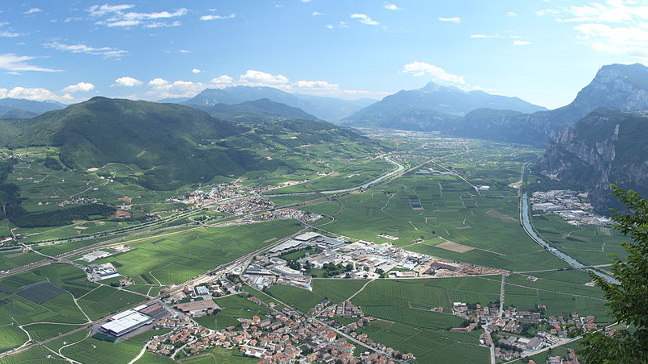Info
SATURN grant information:
Funding: EIT-Climate KIC
Call: Climate Innovation Ecosystems 2/2018
Coordinator: Alessandro Gretter
Total project cost: 1.492.303,75 euro
Timeframe: 01.11.2018 - 31.10.2021
University/Department: Fondazione Edmund Mach, Research and Innovation Centre
Partners: Fondazione Edmund Mach, Birmingham municipality, Climate KIC, Gothenburg municipality, Hub Innovazione Trentino, University of Trento
Email: climate@fmach.it
Disclaimer: The content of this website reflects only the author’s view



